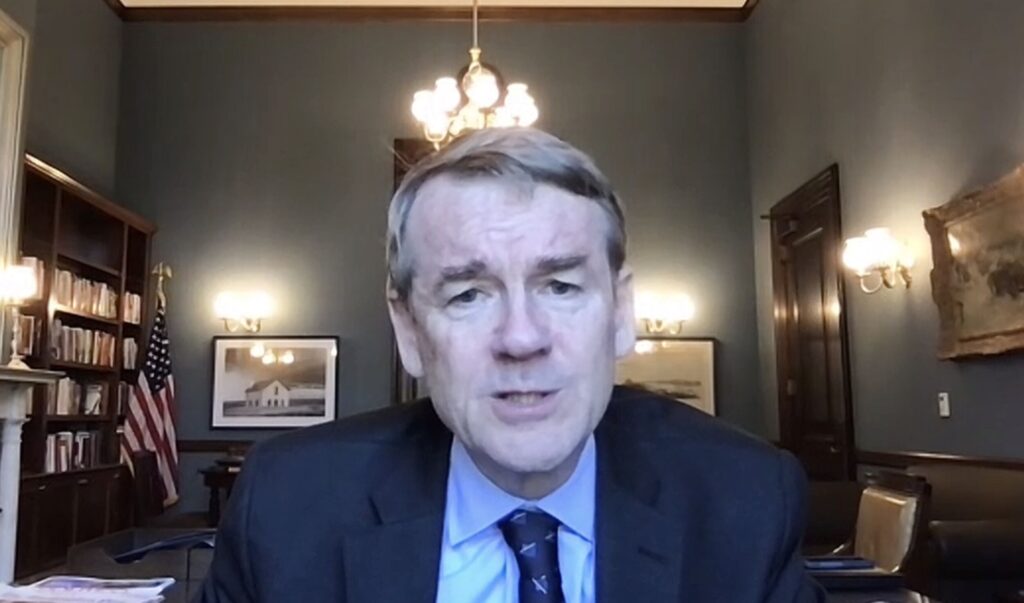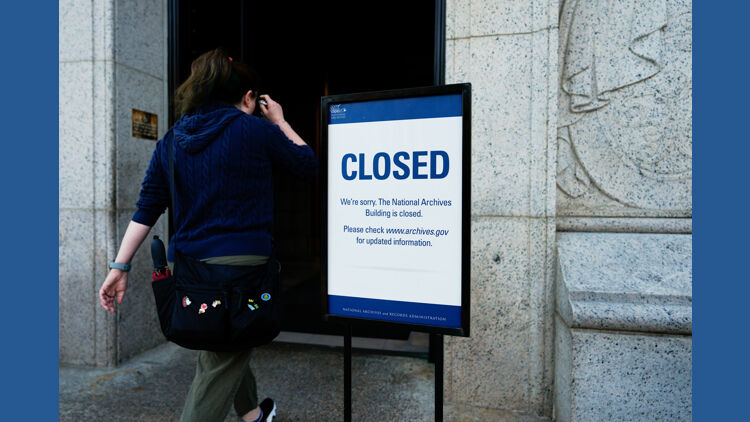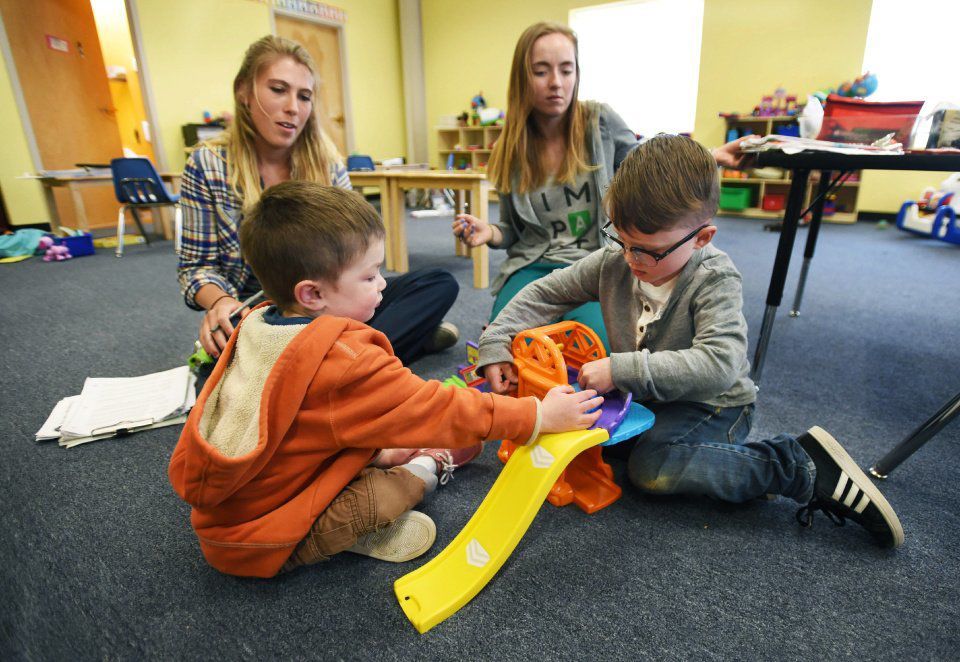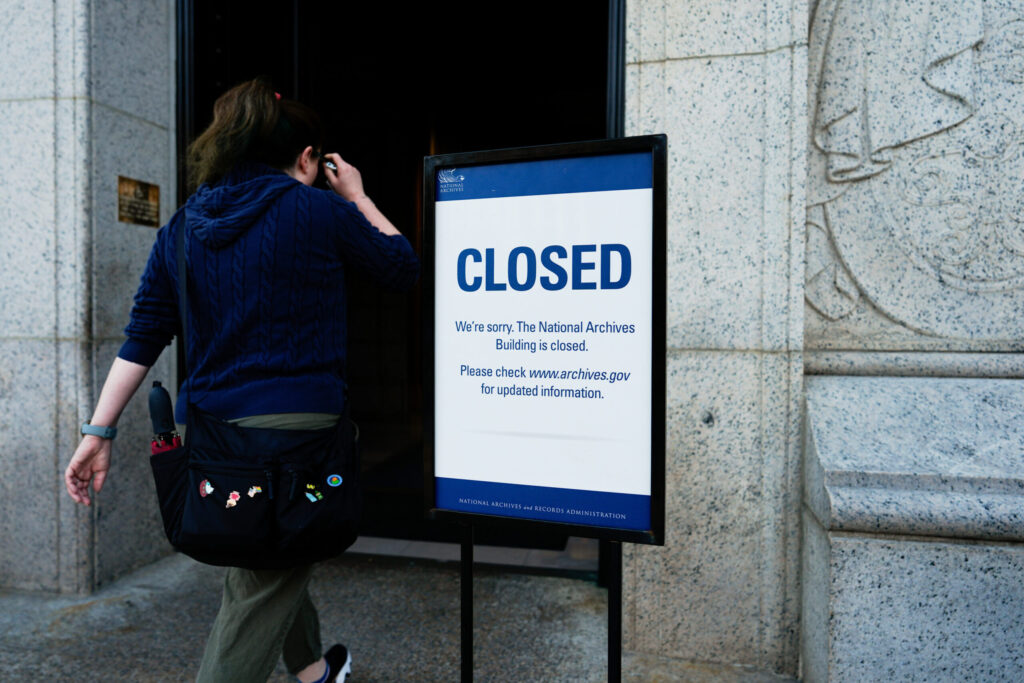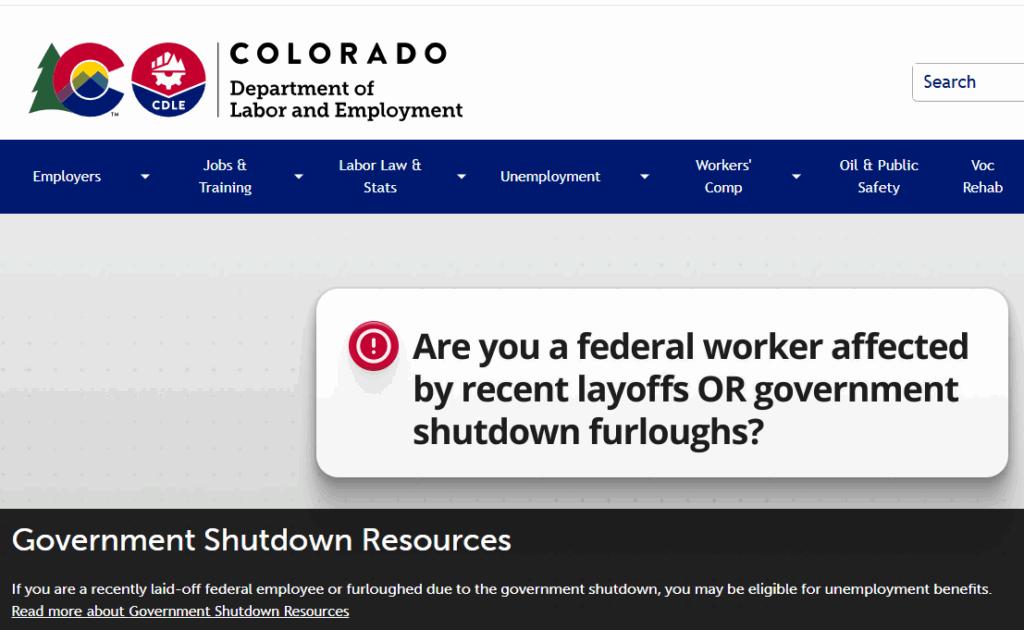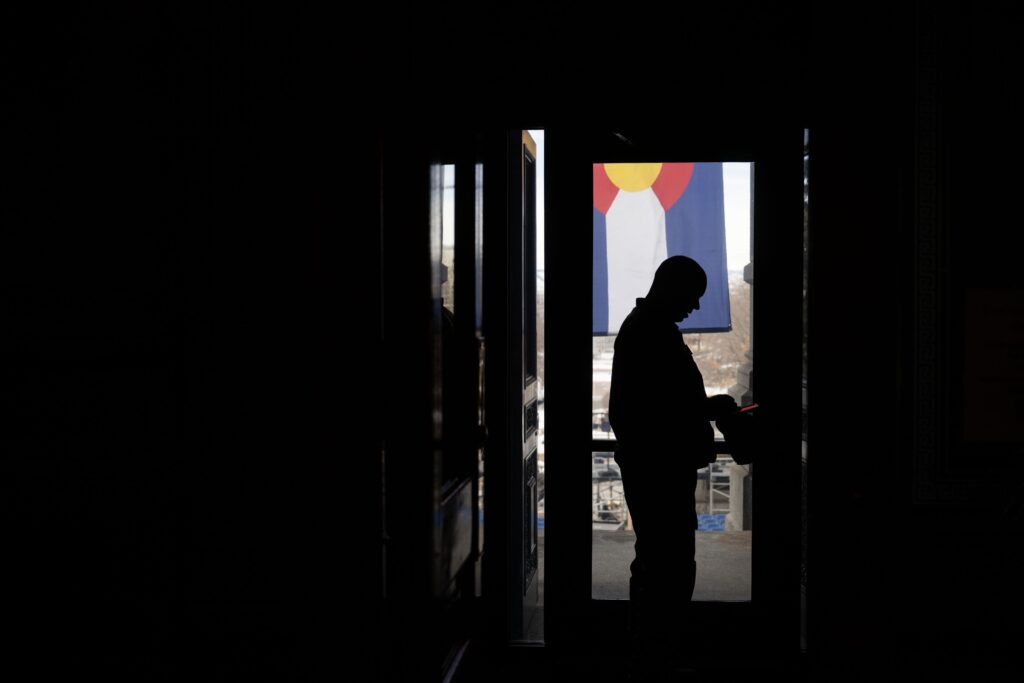Denver moves ahead with college affordability ballot measure
Denver residents won’t even notice the pocketbook impact of a proposed tax hike to fund college scholarships, the city’s chief financial officer said this week.
Even if voters approve a slight sales tax increase to create the College Affordability Fund this fall, the city’s tax rate will remain at a level residents are accustomed to paying, Deputy Mayor Cary Kennedy told the Denver City Council on Monday.
“I guess my message to you all is you do have the capacity to go ahead and move forward with this with confidence that it won’t place any kind of tax burden on city residents and shoppers,” said Kennedy, the city’s chief financial officer. “It won’t change what they’re used to paying in taxes and it also won’t disadvantage the city in respect to our competitiveness.”
As expected, the council voted in favor of sending the measure to voters this November, following a lengthy hearing that featured diverse public comment. The final vote was 8-4.
The proposal seeks to increase sales taxes by 0.08 percent to fund a program that aims to help Denver students afford college. The fund – which would especially benefit the neediest of city students – would reimburse nonprofits that provide financial assistance, either through scholarships or student-loan debt relief.
The tax increase would amount to just under a penny on a $10 purchase.
If the fund is created, the city’s sales tax rate would nearly mirror 2011 levels, the final year of the tax hike that supported Sports Authority Field at Mile High.
At the time, the sales tax rate was 7.72 percent. The rate dropped to 7.62 percent after the stadium tax expired. Funding for Denver’s preschool tuition assistance program sets the current rate at 7.65 percent.
It the college fund initiative is approved, the city’s tax rate will increase to 7.73 percent.
“We found if this proposal were to be approved by Denver voters that the sales tax rate in Denver would not be substantially different than what our citizens have been accustomed to paying,” Kennedy said.
Kennedy said Denver’s tax burden will continue to be among the lowest in the nation, even if the measure is approved. Denver also owns the seventh-lowest tax rate among 25 neighboring communities, a standing that will go unchanged, she said.
In a separate interview with The Colorado Statesman, Kennedy said she isn’t worried about possible voter confusion over this and other revenue-related measures that will appear on the municipal ballot this fall.
One proposal would fund major renovations for the National Western Stock Show complex and other city attractions, while another would allow commercial development on Denver International Airport property.
“The other measures on the ballot are extensions of an expiring tax, or in the case of the airport-city development, it’s sharing the tax revenues that will be generated from the new development,” Kennedy said.
Denver voters will be asked to extend existing lodging and car-rental taxes to help turn the stock show grounds into a state of the art, year-round attraction. The measure also includes funding to expand the Colorado Convention Center and rehab the riverfront north of downtown.
As for the DIA development proposal, the city would pay Adams County $10 million for the right to allow commercial development there, and the communities would share tax revenues. The initiative has nothing to do with tax increases.
Kennedy expressed confidence that Denver voters will continue to support what she feels are wise investments.
“Denver voters have an opportunity to continue to make the investments in our city that are making this city spectacular,” she said.
Debate results in diverse views
A public hearing that preceded Monday’s vote featured remarks from several young Denver residents who urged council members to move forward with the proposal.
Tay Anderson, a student government leader at Manual High School, said he worries about paying college debt. He said early academic struggles have had an impact on his grade point average, which means he might not be eligible for academic scholarships.
“It affects me because I don’t know if I’m going to be able to pay off college,” he said. “I want to be the next mayor of Denver. I want to be the next governor of Colorado. I want to be the next president of this country. But I don’t know if I’m going to be able to fulfill those dreams without me being able to pay for college.”
Diamond Roybal, a 2009 John F. Kennedy High School graduate, received a full-ride scholarship to the University of Colorado. She said she wouldn’t have been able to afford college without the scholarship.
“As a first-generation college student, like many of my peers, my parents had never seen a FAFSA,” she said of the federal financial aid paperwork. “They had never seen a college application or knew how to write an entrance essay. They had no idea how to pay for college.”
Those who spoke out against the measure were in the minority.
Irma Zamora, a 70-year resident of Denver, said it isn’t the city taxpayers’ responsibility to fund college. That’s something that should be left to state and federal governments, she said.
“If this measure passes, what precedent does it set for Denver to duplicate other state-funded activities?” she asked. “An idea to do something new is not a valid reason to increase taxes.”
Councilwoman Mary Beth Susman, a former vice president of the state’s community college system, said she knows that college should be more affordable and that students should have more resources. But she worries that the city is operating outside its “sphere of authority” in trying to intervene in higher education issues.
“There is no (higher) educational institution over which we have any authority,” said Susman, who voted no. “None.”
“We can’t expect the citizens of Denver to fix the problems of out-of-control tuition costs and low-retention and completion rates. Our state and federal government have that responsibility, as do the colleges themselves.”
But Councilwoman Kendra Black believes students can use all the help they can get these days.
“I don’t think anyone is suggesting that it’s going to fix our whole state, but it’s something we can do at the local level to really impact our city and our workforce,” she said.
“I think if we can give someone a chance with less than a penny on $10, I think it’s something worth investing.”
– Twitter: @VicVela1



